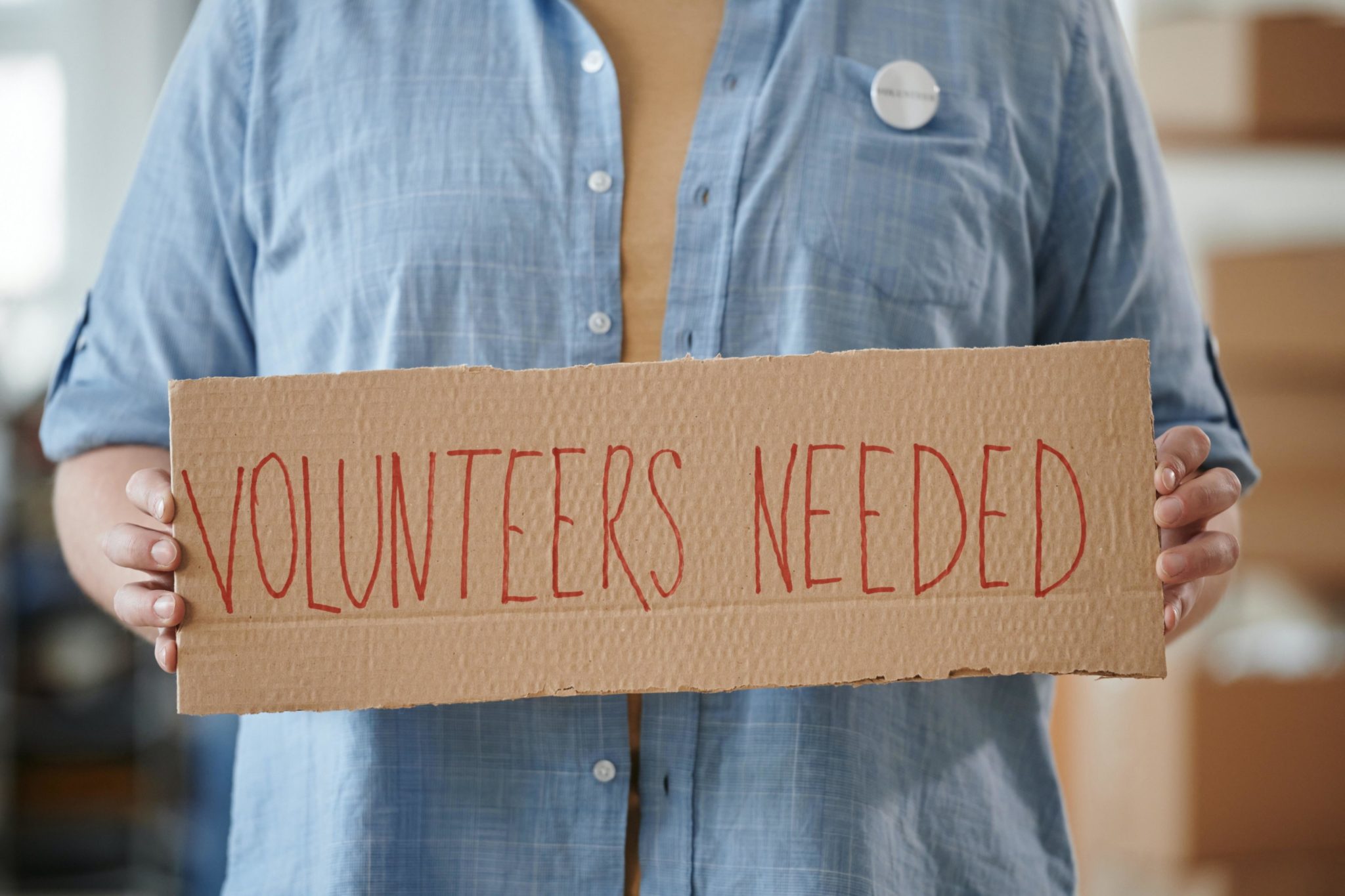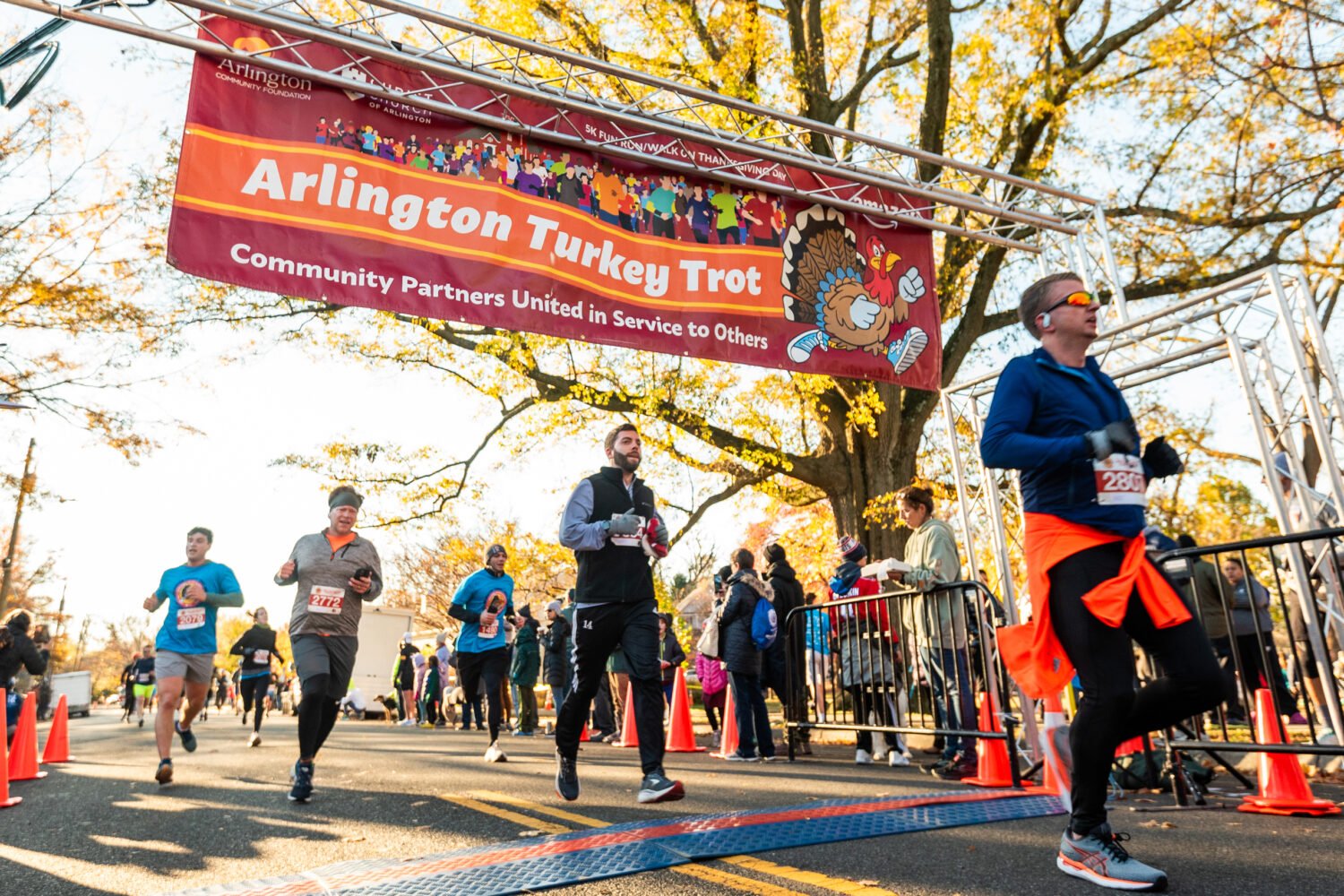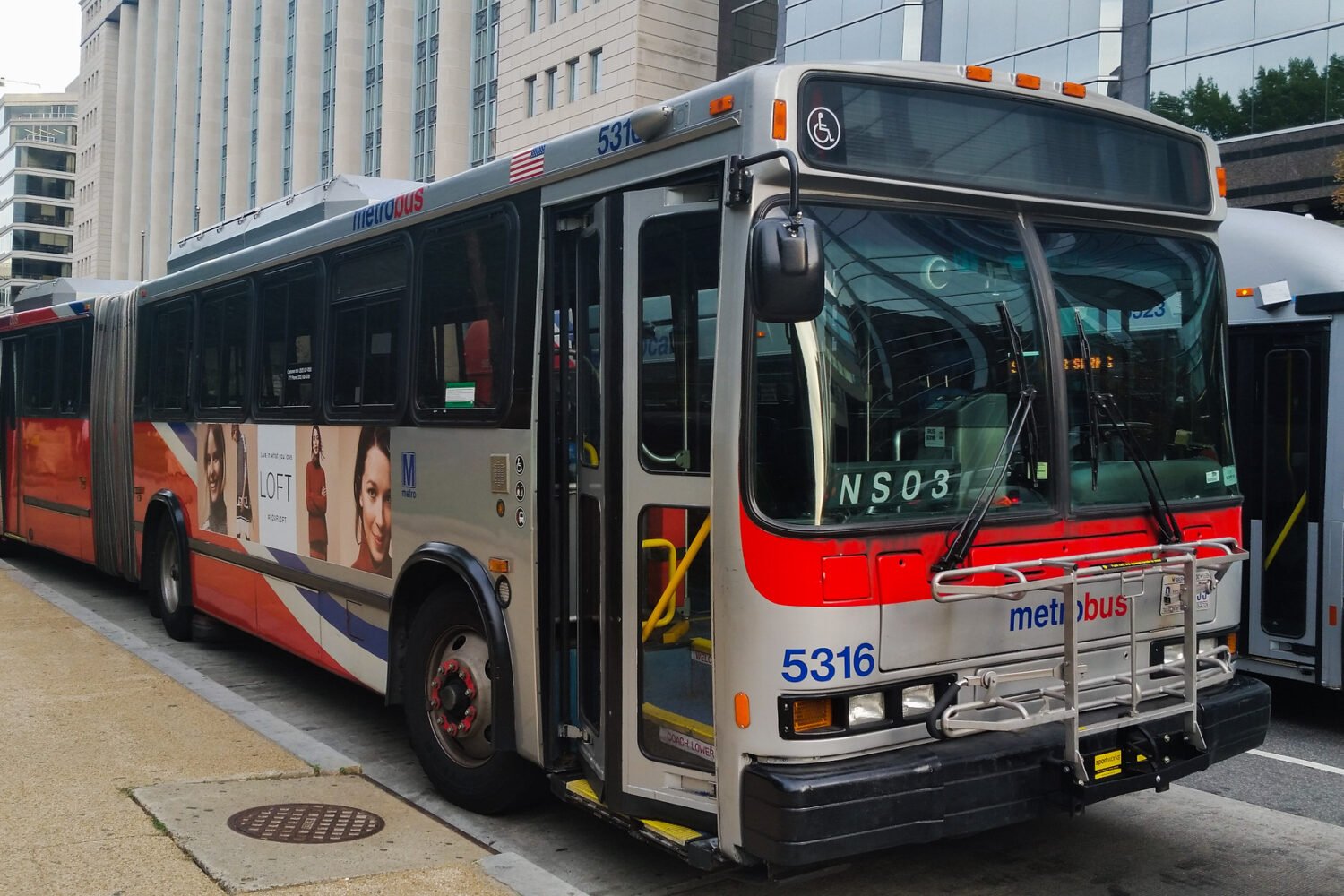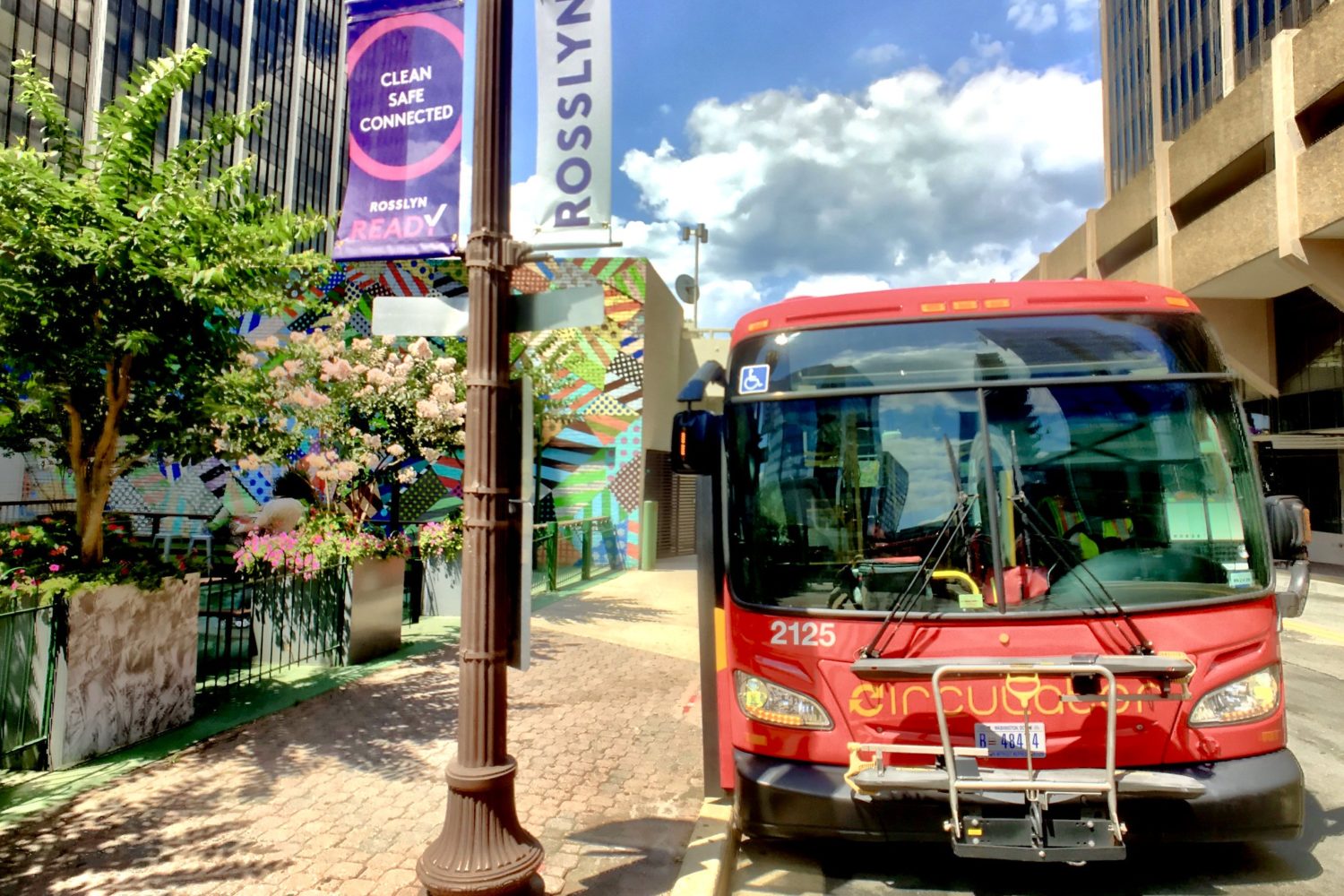Hoping to bring what he’s called a border crisis to DC’s doorstep, Texas Governor Greg Abbott began to send migrants to the District, via a 33-hour bus trip, in April. And he hasn’t stopped since. In fact, Arizona Governor Doug Ducey joined in on the plan in May.
So far, roughly 100 buses have pulled up to Union Station, where approximately 3,500 migrants have found themselves confronting the same unsettled future as before, only now in DC. Since April, nonprofits and local grassroots organizations have been coordinating basic resources, lodging, and further transportation for the migrants, many of whom are asylum-seekers.
“We’re talking about people who walked for four months to get to Texas and now are being shipped 30-plus hours on a bus to get to another location,” said Amy Hammond, founder of Migrant Help DMV who has also been helping coordinate volunteers and donations for the international nonprofit SAMU First Response, back in April. “Some of them are completely traumatized by what they’ve seen and others are thrilled to finally be here.”
But as the months pass and more migrants arrive, many of these organizations are feeling the strain of funding.
For instance, Catholic Charities DC, which was heavily involved in helping the migrants early on, has since scaled back its efforts, stating to Fox 5 DC that its “ongoing response was not sustainable from a staffing and resource perspective, given our many other programs and services. We strongly encourage local and federal government to step up.”
While SAMU First Response recently received federal money through FEMA grants, that funding is not enough to handle the load of buses that continue to arrive, say volunteers. Additionally, SAMU First Response’s shelter, which can hold 50 migrants at a time, is frequently at full capacity.
In response, DC Councilmember Brianne Nadeau asked Mayor Bowser to contribute funding using some of the city’s $500 million budget surplus, writing that “relying on District residents volunteering their time and donating their money, and on a partially funded federal response, cannot be our government’s long-term solution to this issue.” (Eleanor Holmes Norton, DC’s delegate to Congress, announced Tuesday that she would seek federal funding to help.)
Madhvi Bahl, of Sanctuary DMV and Free Them All VA, says she’s hopeful Bowser will become more receptive to providing funding. “It’s been really disappointing so far, because we claim to be a sanctuary city, but how can you say that without turning up to support them?”
For now, here’s how you can help the migrants:
Buy basic resources from nonprofit wish lists.
Both Sanctuary DMV and Migrant Support DMV have Amazon wish lists, making it easy to find and donate what’s critically needed. Browse Sanctuary DMV’s wish list here and Migrant Support DMV’s wish list here.
Hammond says the items such as body wash, socks, and cell-phone minutes are “critically needed.”
Donate to one of the following fundraisers.
- Migrant Help DMV’s fundraiser helps cover the costs of further transportation for migrants. “Some of those people have contacts, family or friends who are already in the United States, and they just need [bus or plane tickets] to get to them, so that they have support from somebody that can help them navigate [life here],” said Hammond.
- Sanctuary DMV’s fundraiser benefits the Beloved Community Incubator, which is part of the DMV Mutual Aid Group—a coalition of roughly 20 local community organizations as well as hundreds of individual volunteers—helping supply lodging and supplies to the migrants.
- The Beloved Community Incubator’s fundraiser supports the work of local coops, such as Dulce Hogar worker-owners, who are cleaning the guest houses where migrants are staying, and Vendedores Unidos Food Coop worker-owners, who are cooking and delivering food daily.
- You can also raise money for the nonprofits within the DMV Mutual Aid Group by purchasing a “Melt Ice” T-shirt here.
- Or you can simply donate money through Paypal or Venmo to “@Sanctuary DMV”—just remember to put “Texas Solidarity” in the memo, Madhvi says.
Physically donate gently used clothing.
Goods for Good DC has partnered with SAMU First Response and Migrant Help DMV to provide clothing to migrants arriving in DC. According to Hammond, many migrants arrive with only the clothes they are wearing. You can find what and where to donate here.
You can also donate clothing and supplies to the Outrage on 14th Street, Northwest, during business hours. Madhvi says mens’ clothing, hygienic supplies, medicine (such as cough/cold/flu, anti-diarrhea, anti-acid, Tylenol), shoes, shoelaces, and cellphones are sorely needed.
Volunteer your time or open your home.
There are multiple ways to volunteer your time, says Hammond, from assembling toiletry kits and snack bags, to shuttling goods and people from one location to another, to making activity kits for kids. To apply and see a full list of ways you can help out, visit Migrant Help DMV’s volunteer application here.
“Volunteers are the backbone of us doing this,” said Hammond. “The more volunteers we have ready, the better.”
Or, if you have a spare bedroom, Madhvi says temporary places for migrants to stay are always needed as well. “Many of our volunteers have opened up their homes and are housing people who want to stay in DC long term and helping them get settled, which is a great need. Even if you can only have somebody for a couple of days before their flight or their train leaves, that’s also incredible.”
To become a volunteer with Sanctuary DMV, you can apply here.
This story has been updated since it was first published in April.


















